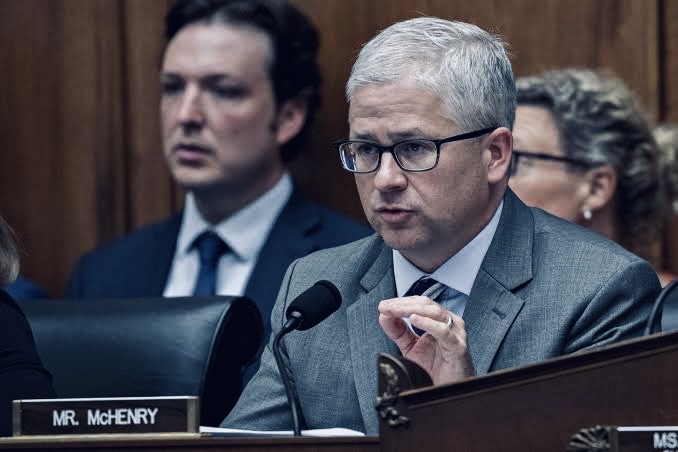The U.S. House Financial Services Committee and House Agriculture Committee plan to develop legislation to regulate the cryptocurrency sector within the next two months, addressing securities and commodities regimes, and other challenging issues that are difficult to solve on either side.

Rep. Patrick McHenry, chairman of the House Financial Services Committee, announced that the House Financial Services Committee and House Agriculture Committee will work together to create legislation to regulate the crypto sector in the next two months.
McHenry explained that the bill will address securities and commodities regimes and other issues that are difficult to solve on either side. When asked if the bill could be signed by President Joe Biden in the next 12 months, McHenry answered with a “yes,” but he also emphasized that it is always a challenge to legislate something new into existence.
Senator Cynthia Lummis, who was also present during the session, expressed her eagerness to coordinate with McHenry and improve the chances of getting the legislation through the Senate. She added that the House had a better chance than the Senate at passing the legislation earlier, which could help address the bipartisan subject before the 2024 election. She said that they have tried to keep the partisan tinge off the subject as it is a bipartisan subject that they need to address.

Although the US Congress has been unable to pass comprehensive legislation on crypto, despite some bills making progress on Capitol Hill last year, the recent events have increased pressure on lawmakers to legislate the industry after the meltdown of the FTX crypto exchange and the collapse of crypto banking.
The Republicans introduced a discussion draft for a second effort at stablecoin legislation, which may mark a new starting point for negotiations with Democrats. Meanwhile, jurisdictions such as the European Union, Japan, and the United Arab Emirates have approved regulations in the crypto space, while Hong Kong and the UK are revisiting their approach to crypto.
McHenry’s committee grilled U.S. Securities and Exchange Commission (SEC) Chair Gary Gensler over his refusal to say whether Ether (ETH), the second-largest cryptocurrency by market cap, was a security. Senator Lummis anticipated that they will still be using the Howey Test in the most modern way expressed by U.S. courts.
Additionally, Lummis revealed that a new-and-improved version of the “Responsible Financial Innovation Act,” aimed at creating a regulatory framework for the industry, will be unveiled in six to eight weeks, which will have a stronger section on national security and cybercrime.